NEW ERA FOR EU DEFENSE & SECURITY POLICY
CoCoP: COMMUNICATING COHESION POLICY
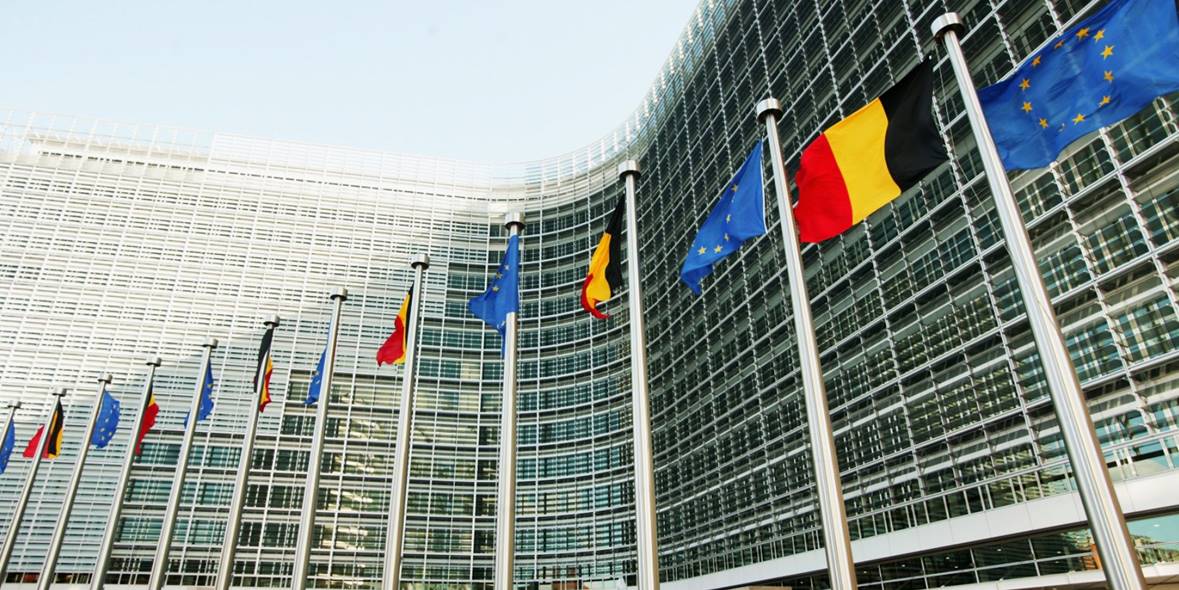

Written for JESPIONNE

Kristen Ripley Earhart
I still can’t realize the number of deaths recorded owing to terrorist attacks across the EU of prosperity, stability, and peace. Extremists on the one hand as well as Russia’s imperialism and Middle East’s civil wars
on the other, create new security challenges for the EU we live in. This, in conjunction with the need for “flexible” integration within Europe, places defense and security at a high place in this flexible agenda.

Istill can’t realize the number of deaths recorded owing to terrorist attacks across the EU of prosperity, stability, and peace.

July 2020

PESCO (Permanent Structured Cooperation), by entailing small-scale technical projects, constitutes an initiative that aims to substitute the unanimous support for joint action, and as far as I can foresee the future, it will bring about a big discussion! The main argument is that the next MFF (Multiannual Financial Framework) has to include a specific defense pillar for all the equipment, the weapons, and the necessary technology which will create an area that will protect EU citizens’ lives. Finally, we see a possible consolidation measure rather than general institutional integration that makes our lovely EU more complicated! Who said though that cooperation is not the key solution?
The Network Information Security Directive proves precisely the importance of exchanging best practices and know-how in an attempt to achieve common European action with separate and independent national military forces. However, not every single Member State perceives threat the same way; let alone that some people believe that EU CSDP (Common Security & Defense Policy) boycotts NATO’s role. Additionally, we are accustomed to allowing Germany pave the way for development. But, on this matter, only 32% of Germans support an increase in defense spending. Let’s use the language of truth: If Germany is against this, then basically the EU will not integrate its military capabilities.


Despite the criticism by a Pentagon official the previous week, France aims to be a pioneer on new Security & Defense Policy with a proposal for a European Intervention Initiative. But, as I said, Germany’s public opinion is against! Well, when it is time for Franco-German relations to drive innovation on EU policies, then they close their eyes, they take a deep breath, and they move on. That’s what the EU, in general, has been doing so far. The EU should not focus on institutional integration in terms of defense policy, but it is better to focus on concrete results and operational capabilities that will increase security within its boundaries.
Research will produce results on cyber, drones, and artificial intelligence, financed by the European Defense Fund. A European army could be created in so far as it can supplement the role of national military forces rather than replace them. This army could be voluntary, it could participate in EU and UN missions, while cooperation can yield more results in security and defense of the EU. These are the pro-military and rebuttal arguments, which I find reasonable. But at the end of the day, the final decision does not lie in mine or your opinion.



Maybe I sounded too realistic or cynic. Of course, there are a lot of things we can do! At first, have you heard about the Munich Security Conference this week? It’s, let’s say, like the World Economic Forum on economics. You definitely have to follow the news as I do. I also have some more advice for you. Those who belong to countries where military service is obligatory, do not undermine the importance of military service. The EU could potentially need you in the future, and those who are willing and well-prepared will be able to help!
For the rest, let me urge you to look more into your education and career goals. Have you ever thought of expanding your knowledge in sectors such as IT, cybersecurity, peace-keeping missions, international peacebuilding, conflict resolution, peace/war studies or military affairs? The EU needs you more than ever, and, as you can see, war takes many faces, so becoming an expert in one of the aforementioned fields will give you the chance to stand out and provide your services either for the EU or NATO. That’s how the EU can guarantee peace in my opinion. What do you think?

Reference Article


Reference Article

By TOMAS VALASEK for CE
One year into Donald Trump’s presidency, it’s clear this White House isn’t one for carefully picking its battles. And given the president’s appetite for confrontation, it is only matter of time before the U.S. and its allies end up in a pointless fight over EU defense. A Pentagon official this week criticized the EU’s “common security and defense policy” (CSDP) for pulling forces away from NATO, and the U.S. ambassador to the alliance warned against its provisions to protect European defense companies. This will make for awkward conversations at the Munich Security Conference this week, where the allies intend to push back against talk of a NATO divided under Donald Trump. The U.S. is right to suspect that Europe’s decision to build up a robust defense policy is not all good news for NATO. But it’s making its point the wrong way. Attacking Europe’s push for greater security cooperation won’t make it reverse course, and could do damage to an already frayed transatlantic relationship.
We’ve been here before: George W. Bush’s first government spent four years trying to block EU defense, before concluding that it’s better to channel the initiative than to stop it. To be sure, if you’re American (or Canadian or Norwegian) there’s a whole lot not to like about CSDP. It did nothing to boost European defense budgets, it made even more of a mess of the already tricky task of joint weapons development, and, yes, it will make life more difficult for non-European defense companies. The original sin of many of the policy’s supporters was to claim that EU governments would be more likely to spend money on defense if it’s organized under the EU flag, rather than NATO. But defense budgets in Europe continued to fall even after CSDP was rolled out, and it took a war (Russia’s against Ukraine) to reverse the trend. READ MORE >>
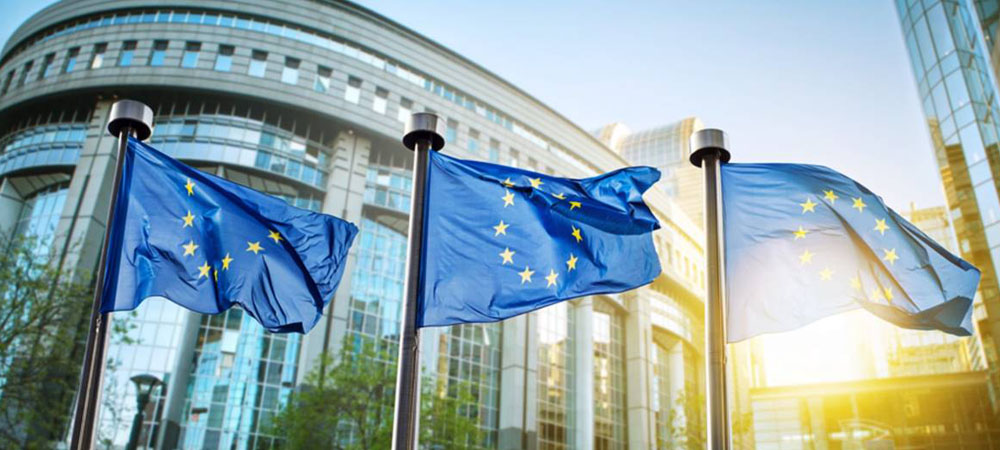


Critics also argue the policy pits the EU against NATO, making them competitors for member countries’ attention and money. That remains a worrying possibility. The EU’s new defense pact, known as Permanent Structured Cooperation (PESCO), for example, commits participating states to use the EU’s defense agency if they want to develop new weapons jointly. But the agency prioritizes weapons needed for EU missions, not NATO ones. The U.S. and other non-EU weapons-producing countries (chiefly Norway and soon the U.K.) also believe, rightly, that CSDP is gaming the rules of defense procurement in favor of companies based on EU soil.
Most European companies reply that it’s only fair. The U.S. government, after all, protects its own suppliers too. The truth is more complicated. The U.S. may have scored more visible successes selling to the Europeans than the other way around, but both markets are somewhat open, while openly favoring national champions, to protect jobs and the security of supply in times of war. And Washington is right to point out that many Europeans prefer to buy American because they get a security relationship with the U.S. above what NATO offers. Those ties could be severed if European defense integration proceeds. But despite these potential pitfalls, the U.S. would be foolish to keep attacking Europe’s defense integration.



Europe is trying a novel approach to an issue that has plagued NATO and Europe in equal parts: the wasteful process whereby European countries buy their weapons. The vast majority of all orders goes to national champions, often in order to protect jobs. Because home markets are small, the economies of scale are awful and the final price tags unnecessarily high. The EU is now offering to pay as much as 20 percent of the total price from common budgets if the governments in the question pool their orders. This is a promising idea that, if it takes off, will benefit both the EU and NATO. There are other similarly useful lines of work underway in Europe, which would make it easier to move military equipment across EU borders, or harmonize the standards of equipment used by its militaries. Skeptics say the benefits don’t measure up to the costs of CSDP and claim Washington would be right to seek to thwart defense integration in Europe. But an outright opposition is doomed to fail.
More EU countries support greater cooperation now than was the case in the early 2000s when the U.S. tried to stop CSDP from taking root. It’s not that the Europeans are blind to its shortcomings, but that they see the potential for benefits that the U.S. does not share or care about: protecting European defense industries, a chance to advance the broader case for EU integration, or a price worth paying for remaining at the innermost core of EU countries.The policy is already a reality, whether the U.S. likes it or not. Enough European members of NATO are willing to stand up for it to make it pointless for Washington to try to thwart it. The U.S. should do what previous administrations have done for the past decade: Work with like-minded allies to encourage the promising aspects and work the usual diplomatic channels to press back against the worrying parts. This is a policy best conducted offline — and off Twitter.

CALL TO ACTION




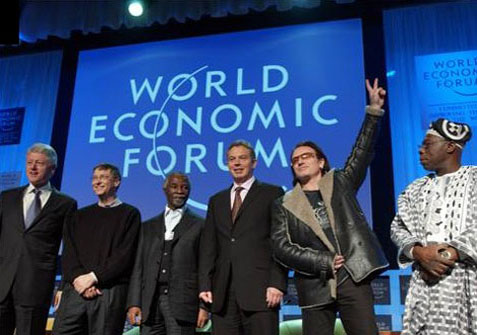

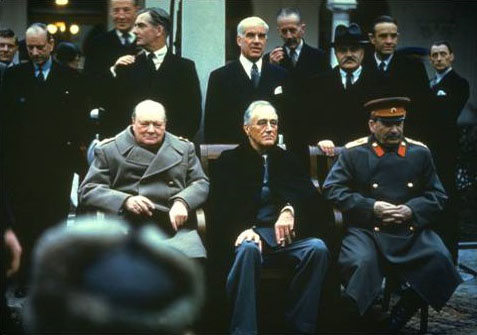




REFERENCE SOURCES

Photos by
Assoicate Press / Politico / Original Source Article
TAGS
Angela Merkel / Syrian Refugees /German Chancellor / Josef Janning / European Council on Foreign Relations / Berlin / European Security / Brexit / Greece Financial Crisis / Person of the Year / Politico / Mathew Karnitsching

July 1st, 2020

INTERVIEWS















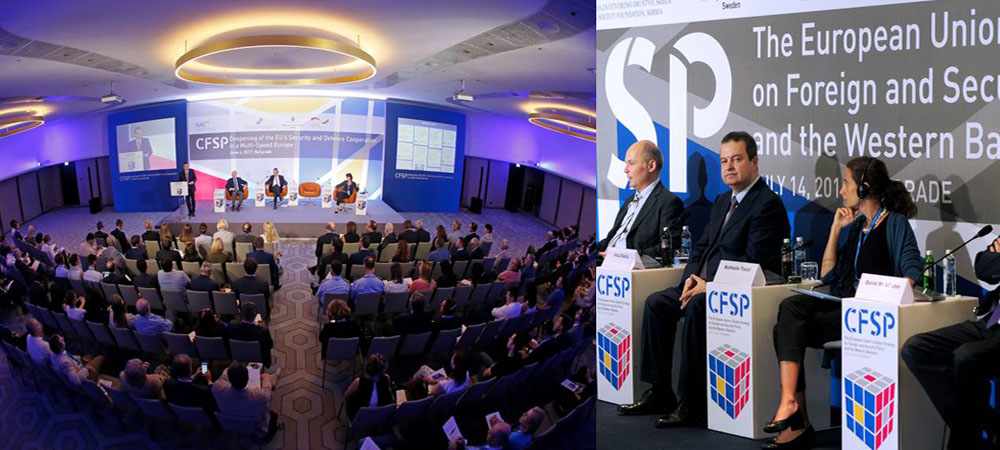
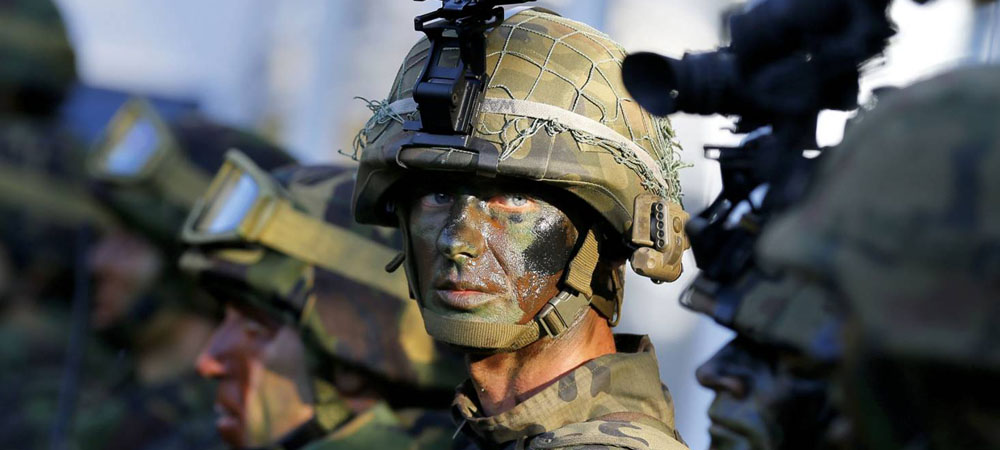

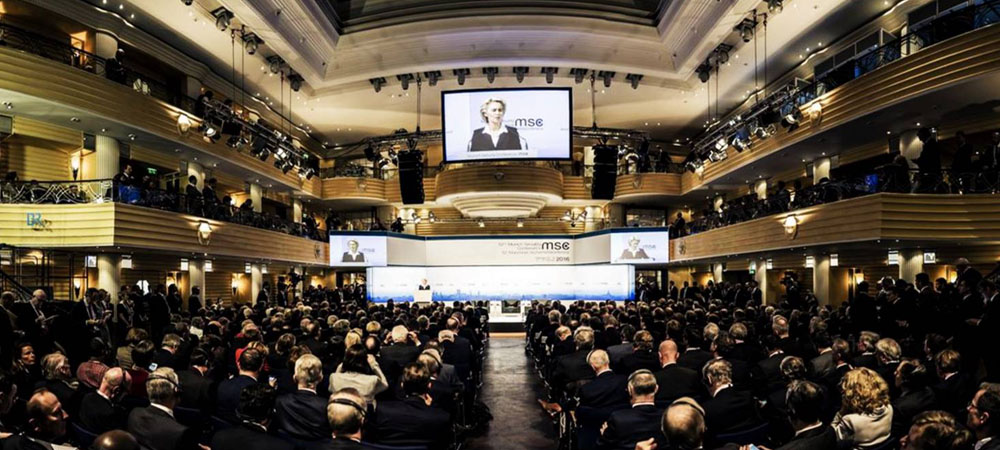
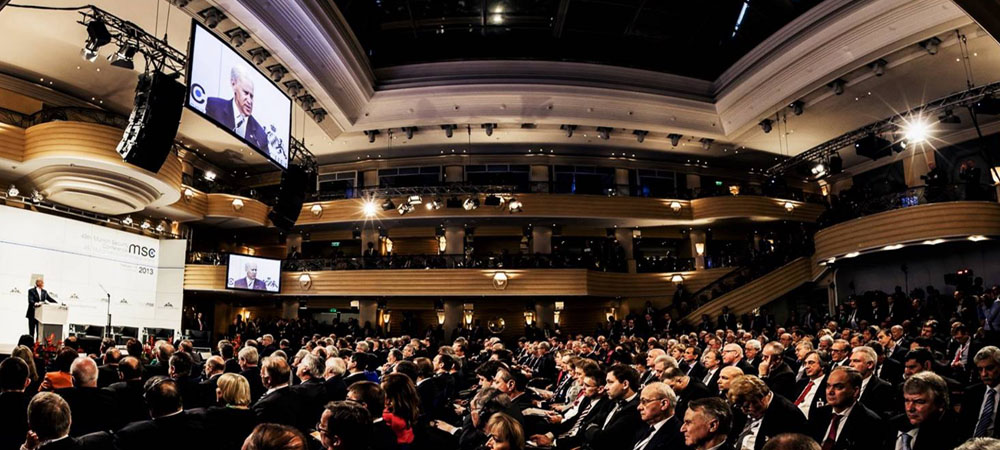



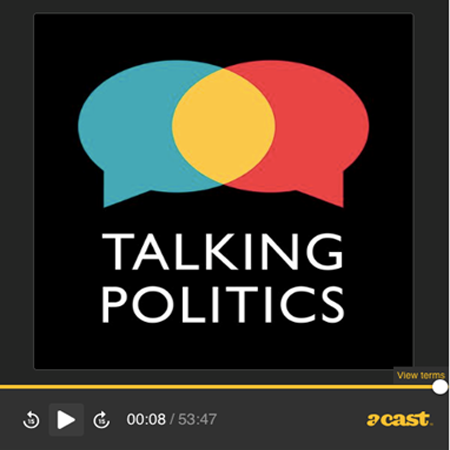




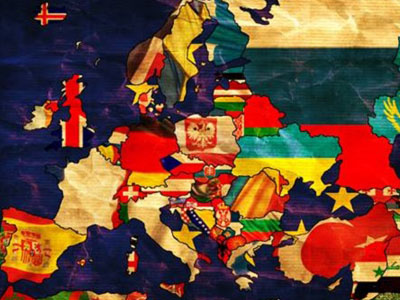
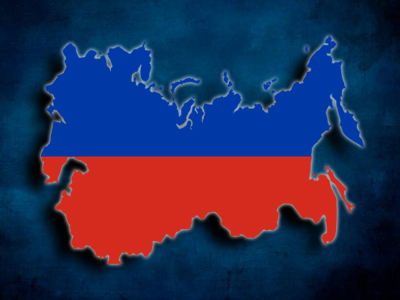
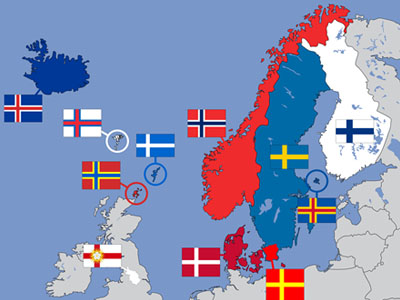


















SOCIAL MEDIA